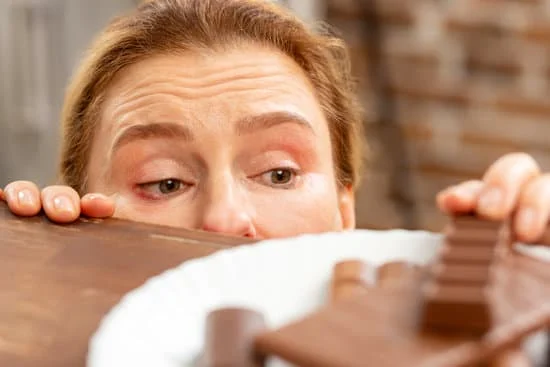Warning : Alcohol is a highly addictive substance and this article doesn’t address the issue of addiction. More at the end of the article
With the new year rolling in, Dry January has become the talk of the town, especially for those above 45. Initially, I was skeptical about joining such collective movements – after all, managing Christmas gifts is challenging enough! But then, I stumbled upon an article that changed my perspective, highlighting how group efforts in reducing alcohol consumption can be surprisingly effective. If you’re in the peri- or menopause phase,and on the fence about Dry January, you’re in the right place. Let’s look at what’s behind our glass and burst one or two bubbly myths.
Idea 1: The Illusion of Relaxation
A few years back, I believed a glass of wine was the perfect way to unwind after a long day. With COVID, stress skyrocketed and wine shops were among the few still open. But that was until I discovered that alcohol doesn’t relax you; it merely numbs your brain. This realization came as a surprise – alcohol, with its unique molecular structure, not only crosses the brain barrier but also potentially damages it. Each sip, rather than soothing, was damaging my brain cells. This was a pivotal moment in how I viewed my evening ritual.
Idea 2: Sleep Misconceptions

A common belief is that alcohol aids in falling asleep. While it might seem to aid in dozing off, your glass of wine disrupts the deeper stages of sleep. It may initially sedate you, but a few hours later, it interferes with your sleep, making it challenging to fall back asleep.
This can lead to insomnia and a habit of ruminating over problems instead of resting, significantly affecting many areas of your wellbeing.
Idea 3: A Glass of wine is menopausal woman’s best friend
Actually, it is a really toxic friend! Due to the poor sleep quality, chances increase of struggling with brain fog and memory lapses.
Not getting enough restful sleep means the brain has a hard time recovering from the day’s stresses, impacting mood and daily productivity.

Idea 4: The Vicious Loop of Alcool, Lack of Sleep and Overeating

Another revelation is the connection between disturbed sleep, menopause, and eating habits. When your sleep is disturbed, your resistance to sugar and unhealthy foods diminishes.
With lower resistance to unhealthy foods, it becomes easy to overeat, leading to inflammation and further impacting brain health.
Alcohol potentially exacerbates symptoms like hot flashes and cravings creating a challenging cycle that affects women’s quality of life. Recognizing this link can be vital in managing menopausal symptoms more effectively and maintaining a healthy weight.
Personal Journey:
Embarking on Dry January required some thoughts and preparation to replace alcohol with fun non-alcoholic options. The most challenging part for me, however, was social situations. Alcool is widely associated with partying and you don’t want to be spoiling the ambiance or being left out. To resist the pressure, I prepared myself like a pro athlete, visualizing moments when I would order a non-alcoholic drink, ensuring I had a firm response ready to avoid following the flow. Then motivation grew as I noticed an improvement in my energy level, mood and even my skin.
But the key realization was that Dry January is not a competition. It’s about understanding where you stand with alcohol and what changes you might want to make for your health. Whether you go cold turkey or gradually reduce your intake by alternating with glasses of water, every step is valid. The real value lies in what you learn about yourself and how you grow from this experience.
So, if you’re over 45 and considering Dry January, know that it’s never too late to kickstart a conversation about your health and well-being. It’s a chance to see where you stand and what changes you might want to make, for a month but potentially for much longer.
Cheers to a successful and insightful Dry January! 😂
Note : Alcohol has an addictive nature and although it is widely accessible, its effect can be devastating on individuals and their families. Individuals facing challenges should always refer to their health care practitioner to explore and assess available solutions and support.

